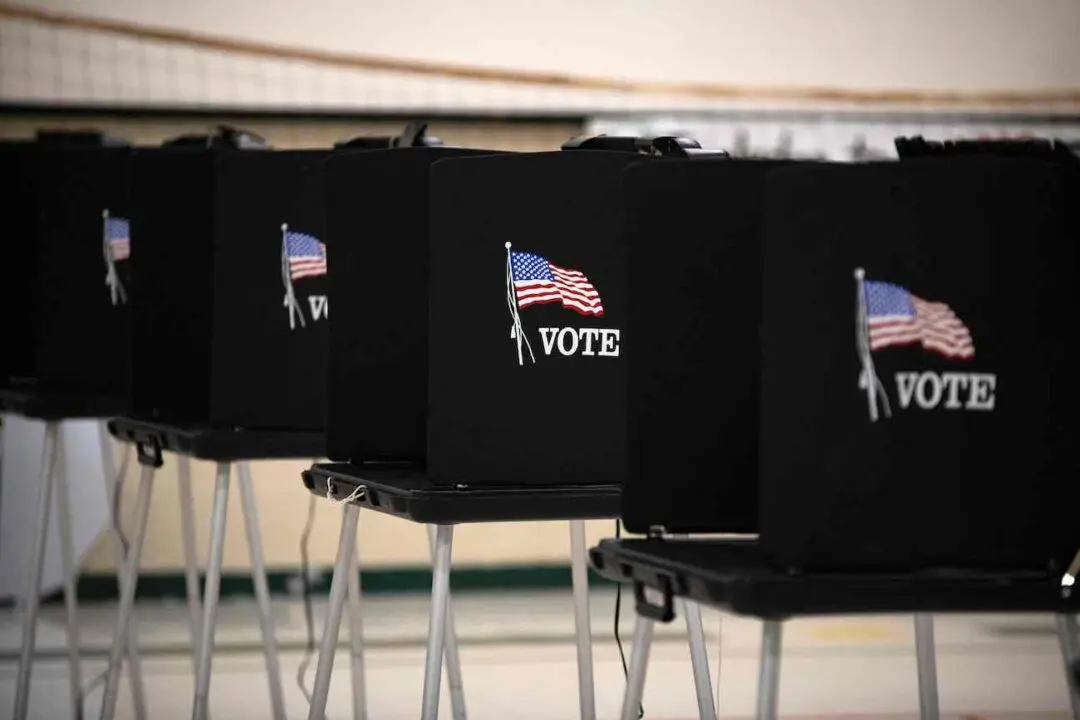On the first day of Texas’s 88th regular legislative session, a Republican state representative filed a bill that would increase the criminal penalty for the offense of illegal voting from a Class A misdemeanor to a felony.
It’s the latest in a string of similar bills that had been pre-filed by Republican lawmakers ahead of the state’s legislative session this year to increase the severity of the punishment for illegal voting, amid unresolved concerns of voting irregularities in Harris County that allegedly took place during the November 2022 election.




